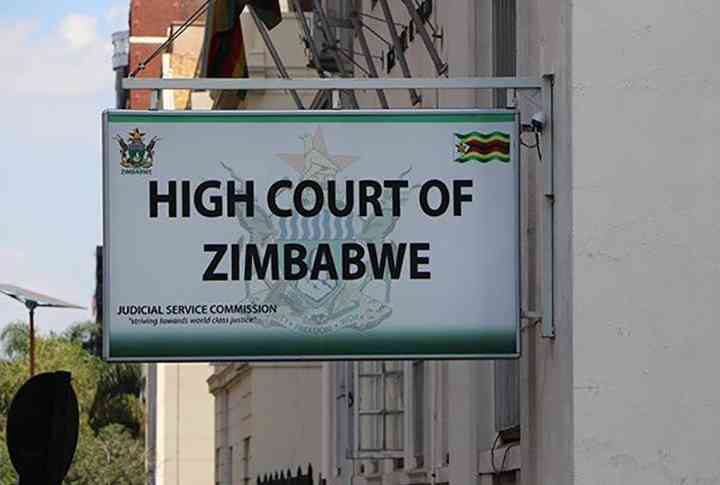
BY LORRAINE MUROMO
MEDICAL doctors yesterday blasted the newly-gazetted amendments to the Health Services Act saying the proposed law was very oppressive as it contained stringent measures that bar them from engaging in a job action.
The proposed amendments to the Health Services Act which were gazetted last Friday state that instigators of strike action in the health sector will be slapped with a three-year jail sentence and that doctors and nurses working in public health institutions will no longer be allowed to be on strike for an uninterrupted period of more than three days.
Other amendments include that health workers will be required to give two days’ notice in writing before embarking on collective job action and provide care to patients in a medical emergency or those needing critical or intensive care during a legal collective job action.
But doctors yesterday said government was focusing on minor issues in the health sector such as intimidation of health workers, instead of focusing on positive developments that will transform the comatose healthcare systems in the country into effective institutions.
Zimbabwe Senior Hospital Doctors Association president Shingai Nyaguse told NewsDay that the health system lost several doctors and nurses to other countries in search of greener pastures, which means that government must concentrate on improving health workers’ remuneration issues.
“As long as the underlying issues of working conditions and adequate remuneration are not dealt with, this Health Services Act fixes nothing,” Nyaguse said.
“It may work to silence workers, but it ultimately will not improve service delivery at health institutions for the people of Zimbabwe. Already resignations in the health sector are at record high levels. What is needed is honest and open dialogue with all health stakeholders and the development of a holistic plan that will benefit everyone.”
- Chamisa under fire over US$120K donation
- Mavhunga puts DeMbare into Chibuku quarterfinals
- Pension funds bet on Cabora Bassa oilfields
- Councils defy govt fire tender directive
Keep Reading
Zimbabwe Nurses Association president Enock Dongo said government was losing the plot by intimidating health workers.
“This is nonsense at its highest levels. Instead of improving health worker’s conditions of service, they are busy crafting oppressive laws. It’s a sign of failure by the Health ministry,” he said.
Medical and Dental Private Practitioners of Zimbabwe Association president Johannes Marisa said: “It is advisable for government to consult widely before gazetting such laws. The problems that are bedevilling the health sector has roots that have to be fixed.
“We know very well what has been causing a lot of strikes and it is the poor working conditions and remuneration, as well as lack of motivation. It doesn’t need a law to stop strikes, it only needs satisfaction and it comes in the form of improved working conditions. People are flocking outside of country for greener pastures, not that there are no laws there, but the working conditions are favourable. The bottom line is to incentivise staff,” Marisa said.
- Follow us on Twitter @NewsDayZimbabwe











